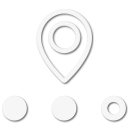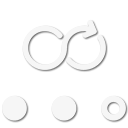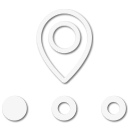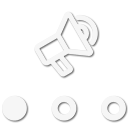I guess I'm nervous about asking for clarification due to my perceived risk of setting off a grumpy old HAM. I forget I can just spin the dial and away they go.
Most of the time, you don't have to worry about that. Just explain that you are new and learning and that you're curious. If you catch some grief, don't take it personally. The whole culture of amateur radio has changed since the old timers got their first license and some of them can't get by that even though a lot of the change is their fault. In the 50-60's, you had to find a local ham to Elmer you and help you take your first tests. They'd teach you and help you grow as a ham. Most of the grumpy ones are the ones who won't or can't teach you anything, so don't sweat it.
I'm lucky that I got involved in a good club with plenty of folks who can teach me things. I'm also not afraid to head over to their house in the evening and hang out for a while and learn. We still have a few who get grumpy about it, but I don't take it personally. There's also a few guys who are interested in trying newer advances like FT8, WinLink, APRS, and the digital modes. I always recommend you join a local club and get involved in ham radio, at least a little, as a stand alone hobby. You learn a lot of things that make you a more effective communicator and a good operator rather than just a "radio user". That's one of the reasons that this net came about in the first place was to get folks on the air, comfortable with keying the mic and give them some experience in an actual formal net where protocol is imperative to the effectiveness of the event/incident. You also get introduced to folks like Will who probably have some good knowledge to pass along and a little clout in the hobby.
There are also a lot of "cheat sheets" online you can print and keep handy for times when you run into a lot of things like Q-codes.








